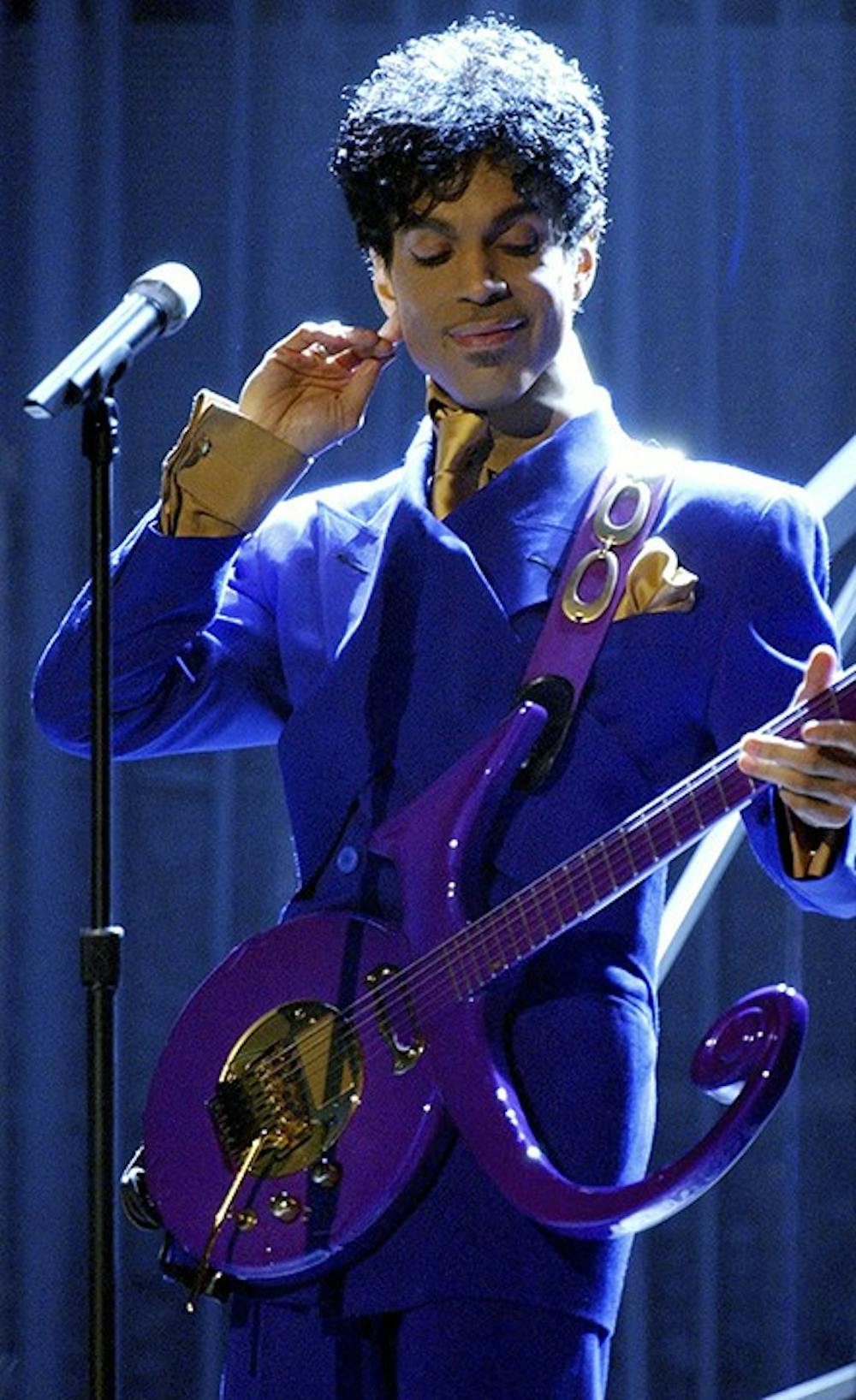‘80s music fans rejoice: The decade’s iconic sound is making a comeback.
With artists like The 1975, Pale Waves and Betty Who— all of whom have cited the decade as having influenced their work — breaking into the mainstream, the burgeoning synth-pop genre has begun to catch on within indie music. As a result, a number of smaller bands have begun to experiment with this unique sound.
The band joan is an up-and-coming group that has created an image symbolic of the time period it is striving to recreate. Sporting a denim-heavy get-up, joan has conquered the softer side of ‘80s pop with its first EP, “portra.”
"we write music in hopes that it will meet people where they are," Alan Thomas and Steven Rutherford, the members of joan's two-piece band, wrote in an email. "we hope that some of our songs make you feel really good, make you wanna dance, make you wanna cry, the full bit."
The band’s confident drum beats, understated vocal arrangements and bubbly synth confections naturally come together in a way that echoes the sounds of pop artists like Cyndi Lauper and Culture Club without mimicking them. In this way, joan maintains its individuality while nonetheless establishing a sense of familiarity for its audience.
"we wanted to bring that era into pop music, and also put a modern twist on it," Thomas and Rutherford wrote in an email.
Having grown up listening to Don Henley and Michael Jackson, joan notes how certain melodies and synths continue to elicit feelings of nostalgia. That same nostalgia is what joan believes has led to the comeback of '80s synth-pop.
Hotel Apache, another newcomer in the realm of indie pop, is led by Ryan Garcia’s powerful vocals. Characterized by strategic shouts and emotional exhalations, Garcia’s voice bears a striking resemblance to the King of Pop himself, Michael Jackson.
While Hotel Apache has some slow, introspective tunes similar to joan’s music, it picks up the pace with songs like its latest single, “Dialtone,” and a cover of Prince’s “I Would Die 4 U.”
“Prince was someone who shaped the way we and many others create music,” Hotel Apache said following the iconic artist’s death. “To pay tribute, we decided to put a spin on a favorite song of ours.”
Much of Hotel Apache’s music sounds as if it were plucked directly from the '80s and released decades later. However, like its tribute to Prince, Hotel Apache places a somewhat modern spin on many of its songs that allow them to feel just as relevant today as they would have 30 years ago.
Indeed, synth-pop bands are not just serving straight shots of ‘80s retrograde.
The Runaway Club’s Alan Poettcker described his sound as a somewhat eclectic mixture, running the gamut from pop to chill to synthwave. The Runaway Club also has an electro aspect that can perhaps be traced back to modern artists like Robyn and The 1975, both referenced as influences with an '80s element to them.
“I write simple pop songs on acoustic guitar and then erase the acoustic guitar and mess with synths and drum machines overtop,” Poettcker said in an email. “On my first album I did some super cheesy 80’s stuff. The song “Runaway”. Lots of brass sounds. The song “Elevator”. The Yamaha DX7 electric piano. Those songs make me cringe now.”
The Runaway Club has since evolved, moving ever so slightly away from the melodramatic sound of its debut album in favor of a more refined blend of music reminiscent of ‘80s bands like The Human League but not unlike today’s dance hits from Betty Who.
“I’m over the whole analog vintage synth craze,” Poettcker said. “On my new music I’m looking at new ways of blending vitange-y, lo-fi elements with modern production.”
Synth-pop is a genre of nostalgic reflection and innovative wonder, of reaching for the past while looking to the future. These bands have managed to capture a bygone era of music and breathe into it a fresh life, evolving their sounds as they grow as artists but maintaining their nostalgic roots in the process.

